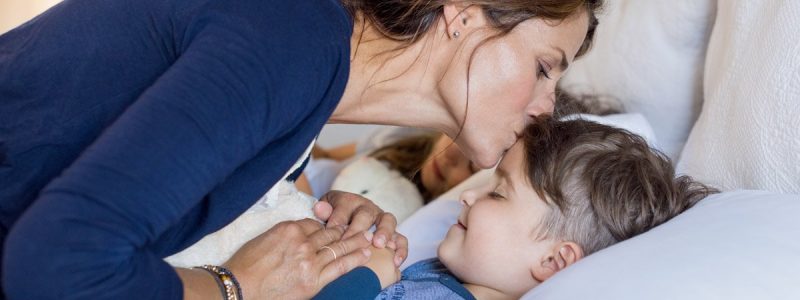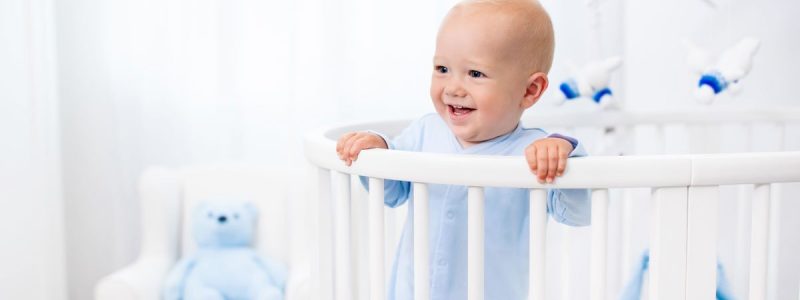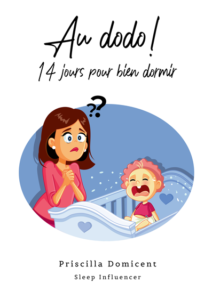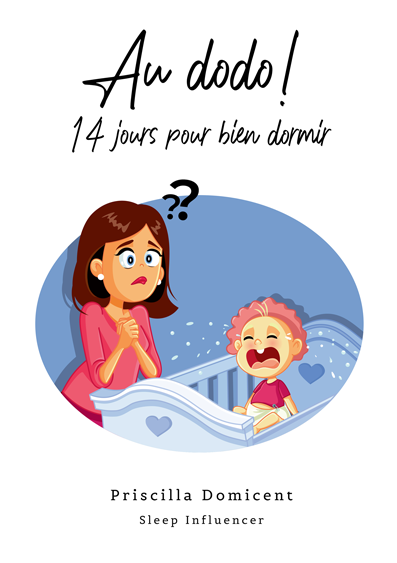
Sleep better, feel better
Sleep plays a vital role in good health and well-being throughout our life, in the same way as oxygen, water and food do. If you’re worried that wanting more sleep makes you selfish, think again. The prolonged lack of enough quality sleep can have real repercussions on the mood, the safety as well as the mental and physical health of all family members. Good sleep hygiene is essential in our life and, especially, in our children’s life.
Science tells us that if we get the appropriate number of hours of sleep, it helps the learning process, increases our ability to concentrate, aids metabolism and weight control, reduces irritability and impatience, decreases the risk to suffer from depression and strengthens our immune system. Similarly, healthy sleep habits are essential to promote children’s cognitive, behavioral, emotional and physical development. From an early age, you can help your child develop a good foundation for peaceful nights. It is never too early to put a healthy sleep hygiene in place.

The gentle sleep-training method
Often, during the consultation, parents tell me how helpless they feel. Their pediatrician advises to let their baby cry it out to fall asleep. They follow the recommendation reluctantly or give up to find back inner peace and a quieter environment. In some cases, this approach can be very efficient and simple to implement. However, depending on the child’s temperament, the mental state of the parents or their sensitivity to crying, this technique could be inappropriate and can lead to feeling parental failure.

As the Sleep Influencer, I advocate above all a positive, gentle and progressive method. Therefore, I do not recommend parents letting their darling child cry until he falls asleep from exhaustion. My ultimate goal is to help you teach your child to sleep on his own while keeping the crying to a minimum.
I cannot lie to you; your child will cry a little while learning. Not one single sleep-training method (not even the so-called no-cry methods) deliver the promise that your child will not once in a while break out in tears. Such a guarantee is unrealistic because children cry, even if you are the most caring parents in the world.

If the “Cry It Out” approach (or CIO) seems to have arisen as a great solution in the past, I do not recommend it. A caregiver who learns to ignore a baby crying might disregard more subtle signaling of the child’s needs. The appropriate parental responsiveness to his tears leads to many positive child outcomes. I do encourage you to provide your kid with the support and reassurance he needs while teaching him to self-soothe and sleep on his own. With the parents’ help, I always make sure that everything is put in place to keep the level of crying to a minimum.
To apply the positive and gentle sleep-training method, I provide you with a unique Sleep Project that respects your needs and parental values. It contains tips, tricks and good practices related to factors affecting your child’s sleep such as the family dynamics, his sleep environment (e.g. noise, light, temperature) and the developmental stage he goes through (e.g. separation anxiety, learning to walk, fear of monsters, potty training).

The Mobilis, the guarantee to send babies and children off to sleep
Among the many techniques detailed in the Sleep Project, I very often recommend the Mobilis. Also known as the “chair method”, it aims to help children from 18 weeks to 6 years to fall asleep and stay asleep, while gradually reducing the degree of the parental intervention.
This progressive method allows one of the parents to remain seated near the child’s bed until he is deeply asleep. Every few days and for two weeks, the parent slowly moves the chair closer to the door and eventually out of the room.
If parents remain patient, consistent and perseverant, the Mobilis can help their child become a great sleeper in just 14 days.



